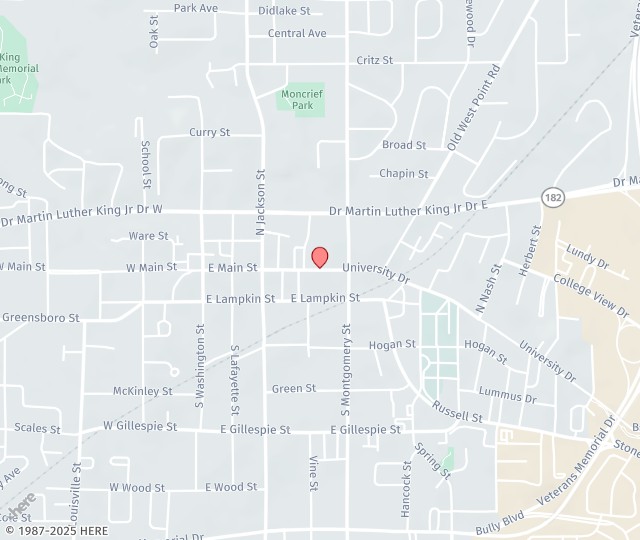Hyperhidrosis is a condition that causes excessive sweating on the hands, feet, armpits, face and genital area, or all over the entire body. The exact cause of this condition is unknown, although it often runs in families and begins during childhood.
Patients with hyperhidrosis may sweat all over their body or in certain areas. Their skin may become white and wrinkled or red and irritated as a result of the constant moisture, and it may develop an odor as well. Living with hyperhidrosis often causes patients to feel embarrassed, awkward and self-conscious, especially during social situations.
Causes of Hyperhidrosis
If the hyperhidrosis is caused by an underlying condition, it is known as secondary hyperhidrosis. These underlying conditions may include:
- Anxiety
- Diabetes
- Heart disease
- Hormonal changes
- Gout
- Blood sugar problems
Certain medications may also cause hyperhidrosis. In some cases, there may be no known cause for this condition, although one theory is that nerves overreact, causing excessive sweating. Hyperhidrosis that has no specific cause and is not caused by an underlying medical condition is known as primary or focal hyperhidrosis. This condition tends to affect both sides of the body and can occur on the hands, feet, underarms, head and face.
Treatment for Hyperhidrosis
Treatment for hyperhidrosis depends on the severity of the condition, but may include prescription-strength antiperspirant or medication to help control sweating or stop the stimulation of the sweat glands. Botox® injections in the armpits block the nerves that cause sweating and can effectively treat hyperhidrosis for up to six months for each injection.
In severe cases, surgery may be required to remove the nerves that control the sweat glands, or the actual glands themselves. This procedure is usually considered a last resort to be used only after conservative methods have failed. Patients who undergo surgery may develop more intense sweating, a condition known as compensatory sweating, later in life.

